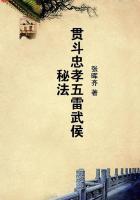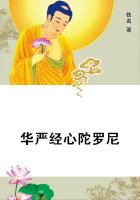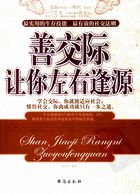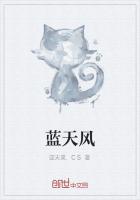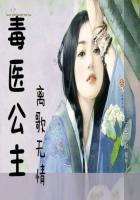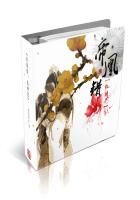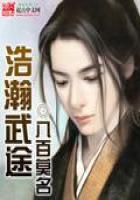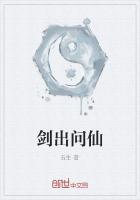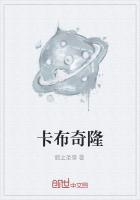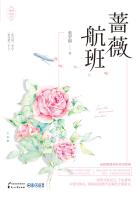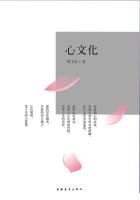In the empire of China, the same circumstance, together with that aversion which the people discover to every sort of innovation, has also enabled the father to maintain a great part of his original jurisdiction.(18*) The father is said to have there the privilege of selling his children whenever he thinks proper; but if he intends to put them to death, it is necessary that he should bring them before a magistrate, and publicly accuse them.At the same time, whatever be the crime of which they are accused, they are held to be guilty, without any other proof but the bare assertion of the father.(19*)The custom of exposing infants was not restrained in China till very lately.Father Noel, in a relation presented to the general of the Jesuits in 1703, takes notice, that at Pekin a number of children were usually dropped or exposed every morning in the streets.
As Pekin is excessively populous [continues that pious and Catholic father] and those who have more children than they can maintain do not scruple to drop them in places of public resort, where they either die miserably, or are devoured by beasts; one of our first cares is to send, every morning, catechists into the different parts of that great city, in order to baptize such of those children as are not dead.About twenty or thirty thousand children are exposed yearly, and of these our catechists baptize about three thousand; and had we twenty or thirty catechists, few of the children in question would die unbaptized.(20*)In those European nations which have made the greatest improvements in commerce and manufactures, great liberty is usually enjoyed by the members of every family; and the children are no farther subjected to the father than seems necessary for their own advantage.When they come to be of age, they have the full enjoyment and disposal of any separate property which they happen to acquire; and even during their father's life, they are in some cases entitled to a fixed provision out of the family estate.
It can hardly be doubted that these regulations, which tend to moderate the excessive and arbitrary power assumed by the head of a family, are supported by every consideration of justice and utility.The opinion of Sir Robert Filmer, who founds the doctrine of passive obedience to a monarch, upon the unlimited submission which children owe to their father, seems, at this day , unworthy of the serious refutation which it has met with, and could only have gained reputation when men were just beginning to reflect upon the first principles of government.To say that a king ought to enjoy absolute power because a father has enjoyed it, is to defend one system of oppression by the example of another.
The interest of those who are governed is the chief circumstance which ought to regulate the powers committed to a father, as well as those committed to a civil magistrate ; and whenever the prerogative of either is further extended than is requisite for this great end, it immediately degenerates into usurpation, and is to be regarded as a violation of the natural rights of mankind.
The tendency, however, of a commercial age is rather towards the opposite extreme, and may occasion some apprehension that the members of a family will be raised to greater independence than is consistent with good order, and with a proper domestic subordination.As, in every country, the laws enforced by the magistrate are in a great measure confined to the rules of justice, it is evident that further precautions are necessary to guard the morals of the inhabitants, and that, for this purpose, the authority of parents ought to be such as may enable them to direct the education of their children, to restrain the irregularities of youth, and to instil those principles which will render them useful members of society.
NOTES:
1.Lathmon.
2.Leviticus, chap.xix, ver.32.
3.Job, chap.xxxii.
4.Histoire generale des voyages.
5.Notwithstanding that old men are commonly so much respected among savages, they are sometimes put to death when so far advanced in years as to have lost the use of their faculties.
This shows, that the estimation in which they are held does not proceed from a principle of humanity, but from a regard to the useful knowledge they are supposed to possess.
6.Pope's translation of the Iliad, book 9, l.582.
7.Genesis, chap.xxvii, ver.38.
8.Genesis, chap.xlii, ver.37.
9.Deuteronomy, chap.xxi, ver.18.
10.Exodus, chap.xxi, ver.7.
11.Narrative of the honourable John Byron.
12.AElian mentions the Thebans alone as having made a law forbidding the exposition of infants under a capital punishment, and ordaining, that if the parents were indigent, their children, upon application to the magistrate, should be maintained and brought up as slaves.AElian, var.hist.lib.2, cap.7.
13.Dionysius of Halicarnassus, lib.11, l.11.Dig.de lib.et postum.?3.Inst.per quas person.ciuq.[cuiq.] adquir.1.ult.
Cod.de impub.et al.subst.1.4.Dig.de judic.?6.Inst.de inut.stip.
Upon the same principle a father might claim his son from any person, by the ordinary action upon property, lib.1.?2.Dig.
de rei vind.If a son had been stolen from his father, the 'actio furti' was given against the thief, l.38.Dig.de furt.When children were sold by their father, the form of conveyance was the same which was used in the transference of that valuable property which was called 'res mancipi' , Cai.Inst.1.6, 3.
14.It was called 'peculium castrense.'
15.Peculium quasi castrense.
16.The subject so acquired was called peculium adventitium.
Constantine made the first regulations concerning it, which were extended by his successors, especially by the emperor Justinian.
Vid.Tit.Cod.de bon.matern.-- Tit.de bon.quae lib.
17.Aristot.Ethic: lib.6.cap.10.
18.Though in China a man is not allowed to have more wives than one, yet he may have any number of concubines; which, in the point under consideration,must have nearly the same effect.Le Compte's memoirs of China.
19.Ibid.
20.Travels of the Jesuits, compiled from their letters, translated by Lockman, vol.1, p.448.

